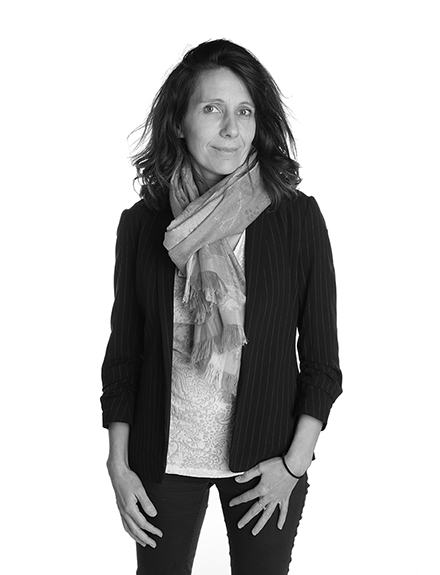| marie-hélène le ny |
|
photographiste |
|
"I
had the opportunity to meet Doris Lessing during a conference,
when I was doing a master's degree in English. The writings of
the British author were a revelation and were a catalyst. I passed
the competitive teaching examinations before beginning a thesis
on English romanticism by working specifically on Coleridge's
Notebooks. Then, I became a senior lecturer at the University
of Western Brittany (UBO) and joined an interdisciplinary research
group whose work focused on sociability in the 18th century.
This really changed my perception of things and I now focus more
on the social and cultural history of romanticism. I am particularly
interested in English travellers in Europe during the Romantic
era and in how radical thought influenced their works of fiction,
poems or political pamphlets - especially those of Mary Wollstonecraft
and Charlotte Smith and therefore their impact on the Romantic
movement. Today, it is very important to me to understand and help others understand a literary work by comparing it with non-fictional sources: medical and scientific writings, sermons, pamphlets, treatises on education or etiquette. In my course on women and revolutions, I try to motivate my students to read works and at the same time be conscious of these other discursive practices, which also makes it possible to integrate different disciplines. Together we explore what shaped opinions and beliefs about women during the Enlightment and Romantic era and why they persist today. We therefore better understand the violence against women in so-called Gothic narratives and how women's literary images has been sanitised - commodified, and why they have gradually disappeared from the literary canon. Women's travelling and travel writing allowed some of them to escape this confined life and gain access to politics." |
|
||
|
Kimberley
Page-Jones, |
|||
|
|
|
|
